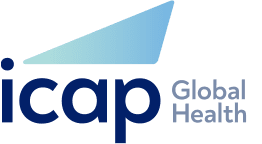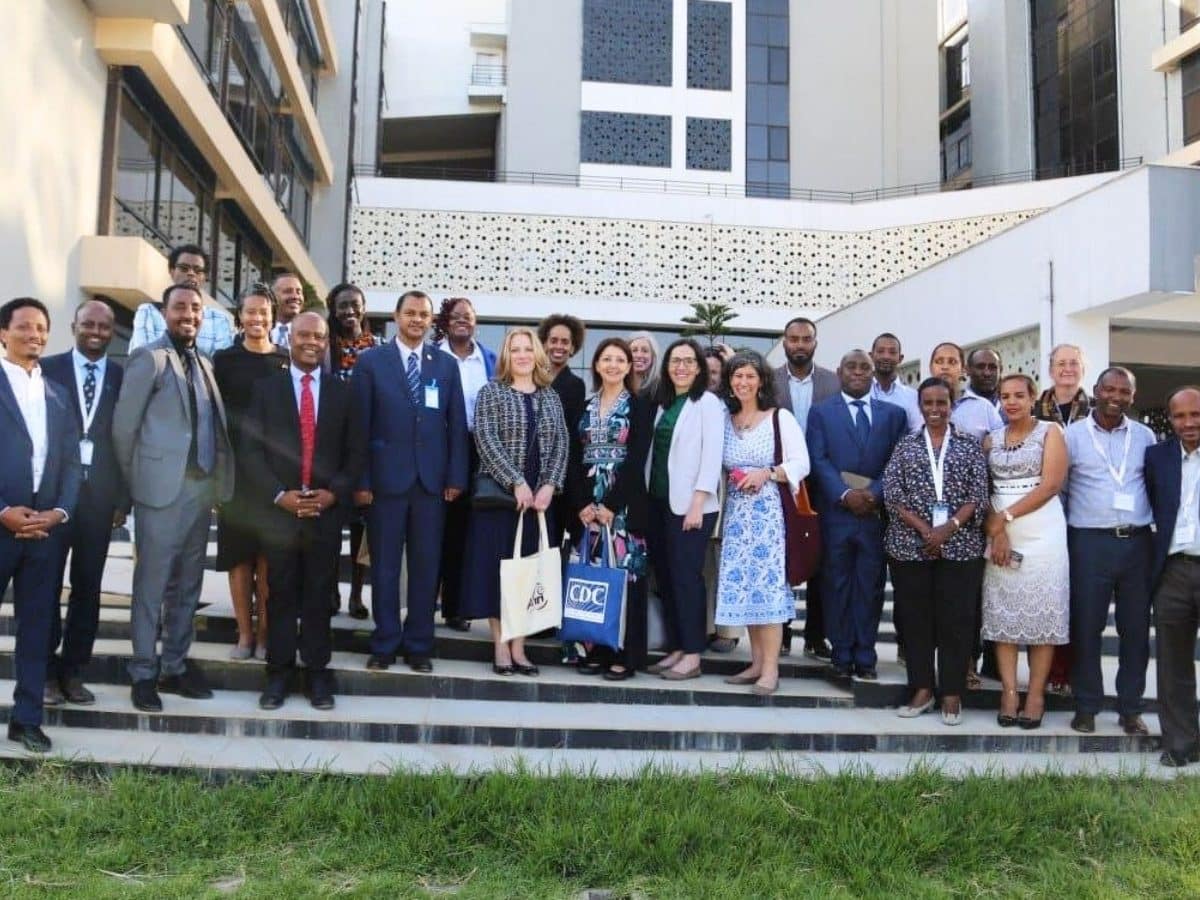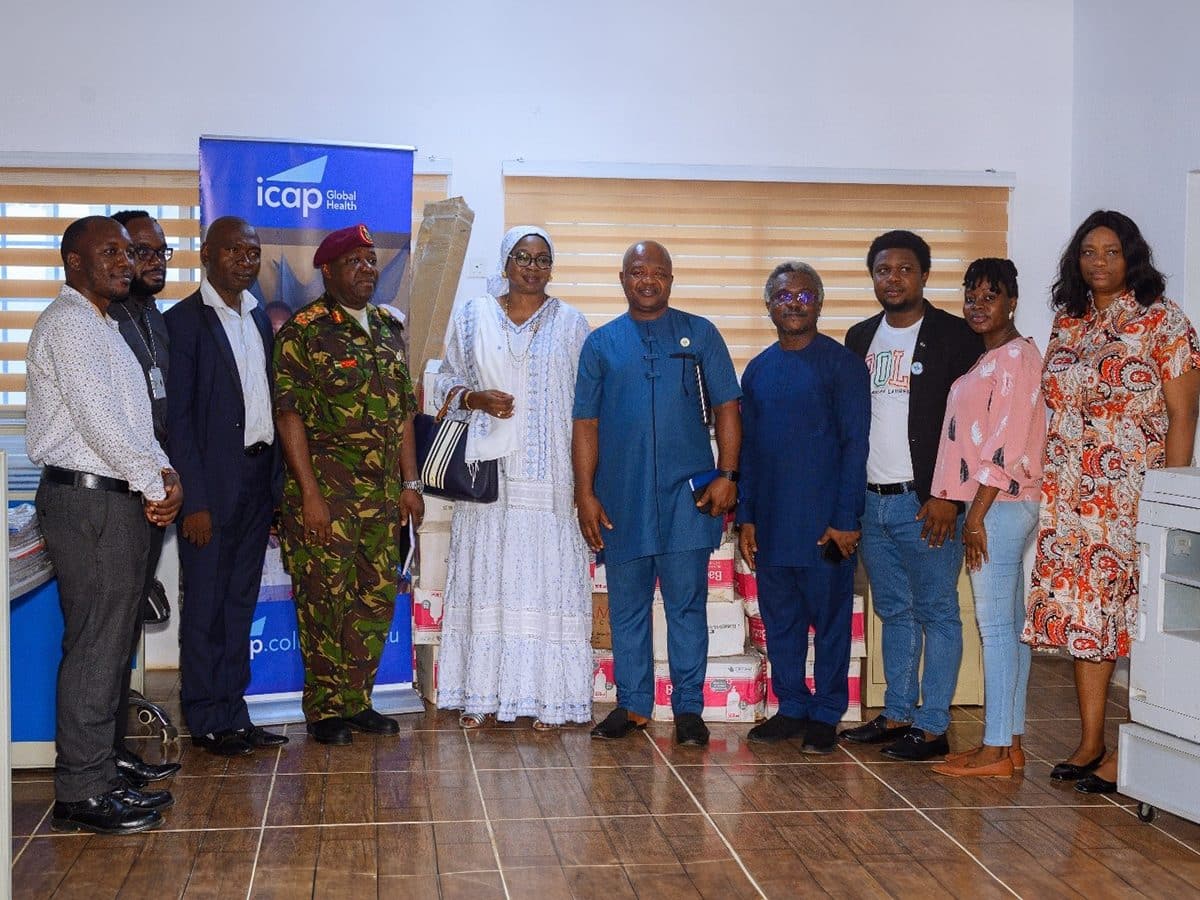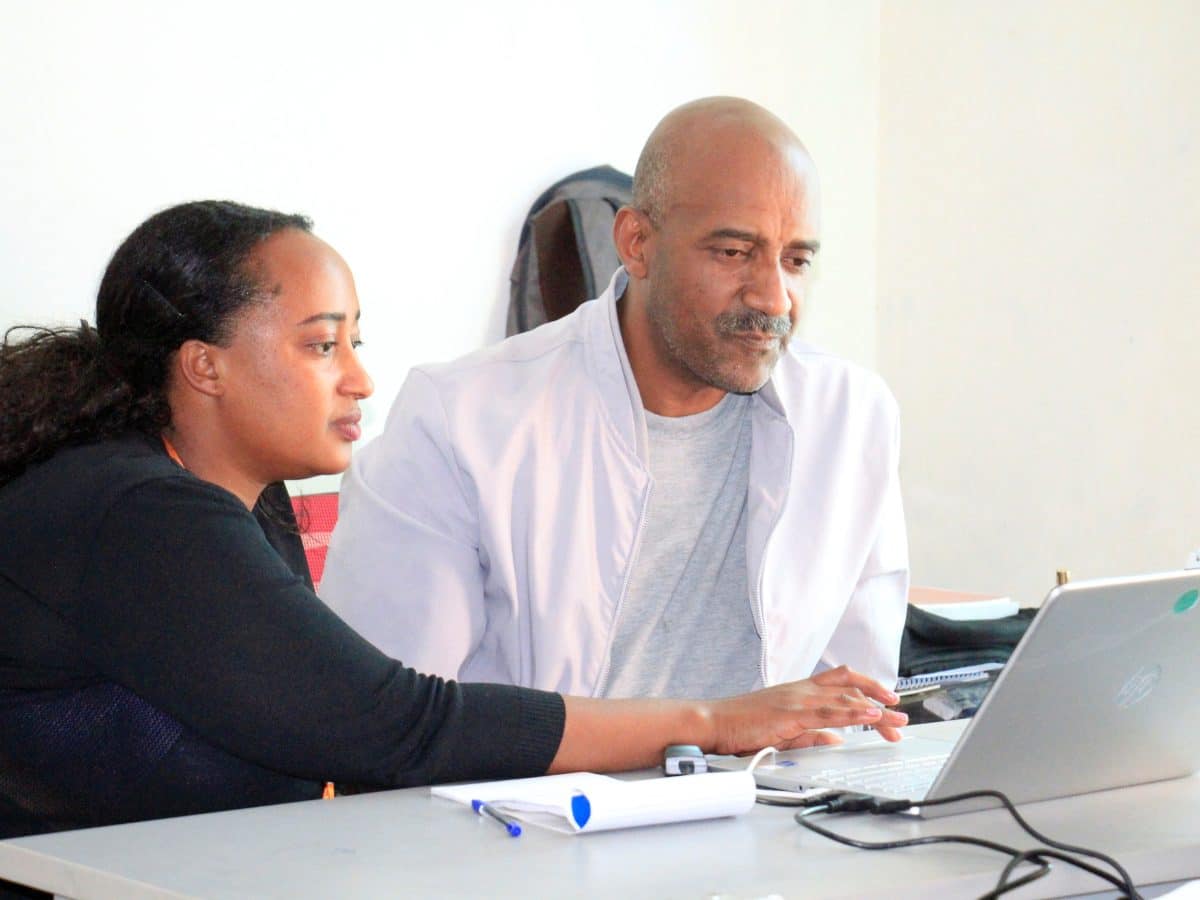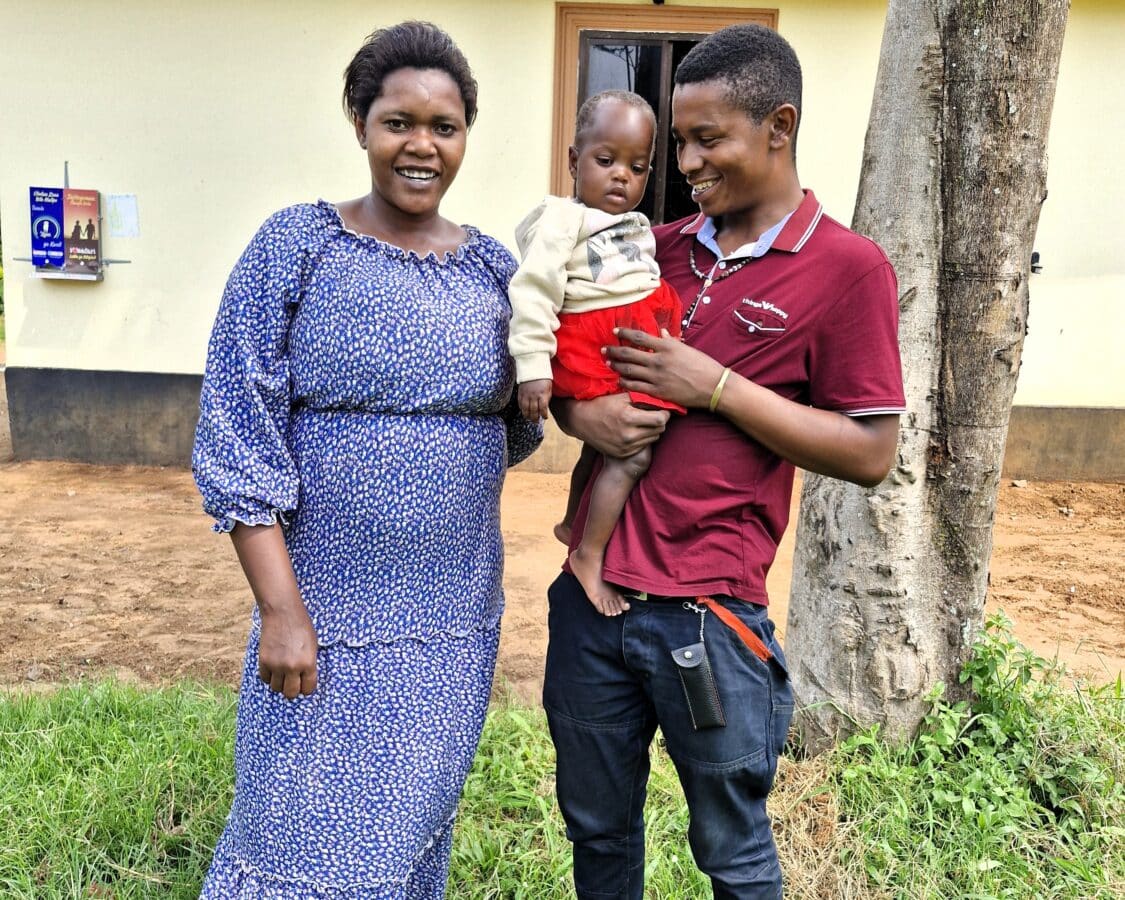Each month, at the 17 de Setembro Health Center, located in Mozambique’s Zambezia Region, Family Days are providing a new, supportive space for patients enrolled in HIV care and a welcoming environment for their families.
With PEPFAR support, ICAP has developed this special family-based programming to provide a comprehensive package of prevention, diagnosis, care, and treatment services for families affected by HIV. The first objective is to encourage HIV testing for partners and children of patients enrolled in care and treatment services, thus, increasing access to care and treatment for the whole family unit through a single point of engagement. It also aims improve retention in care by reducing the number of visits that family members are required to make to the health facility.
Psycho-social factors, stigma and lack of information are key barriers to retaining HIV-positive patients in care. ICAP developed the family consultation package and services to address these challenges. Because the family is the basic unit of community, the strategy actively involves families in order to diminish stigma and improve acceptance of a patient’s HIV status.
Peer educators play an essential role at Family Day welcoming families, escorting adults and children through an array of available services and creating an enabling environment for supportive communication and care. Health facility staff offer and conduct HIV testing and provide individual and integrated family group counseling sessions. For those who test positive, same-day enrollment in adult and pediatric care is facilitated at the same facility where parents, partners, spouses or siblings are receiving care. A range of activities promote positive patient-provider interaction, including safer sex workshops and support group discussions on pediatric, adolescent and adult HIV and the needs of care-givers. A special children’s corner offers safe play space.
Each month’s event focuses on a unique health topic—such as treatment adherence, prevention of opportunistic infections, nutrition—in order to increase health knowledge and active participation of families. With nearly 100 participants attending each Family Day event this comprehensive, one-stop approach is bringing new individuals into care and supporting the ongoing health of HIV-positive individuals.
While ICAP programming in Mozambique has consistently focused on meeting the health needs of both adults and children, Family Days seek to improve health outcomes by addressing the unique challenges associated with HIV care and treatment through the family unit. This approach will be expanded to all ICAP-supported districts in Zambezia by the end of 2013.

